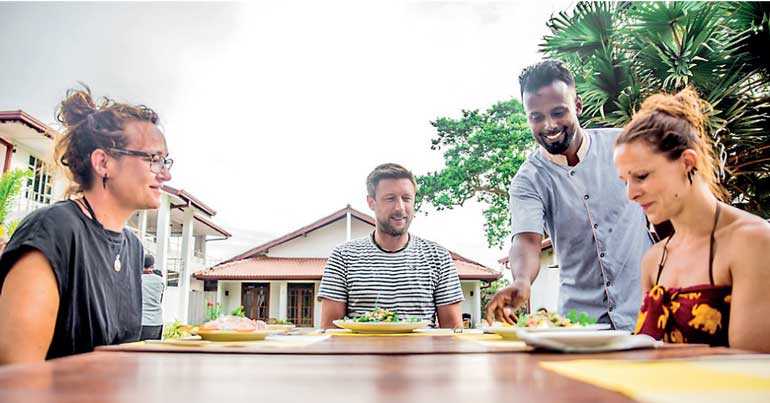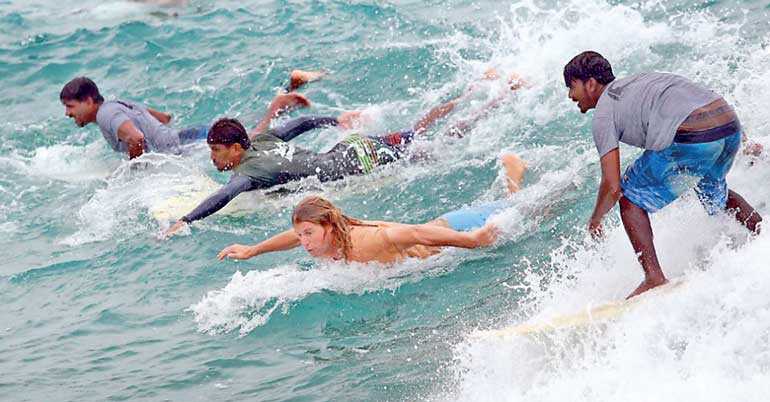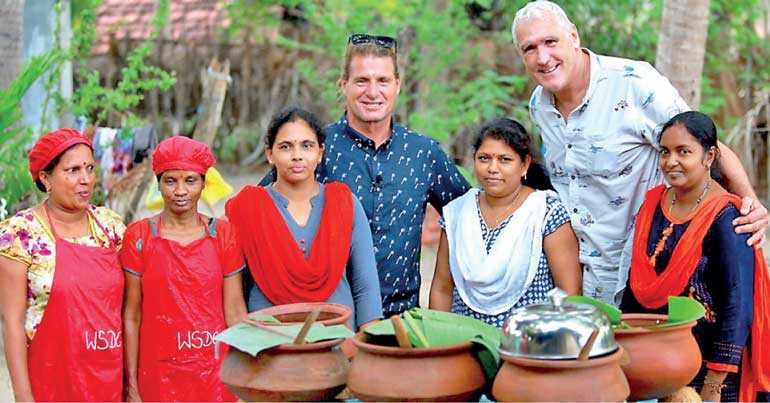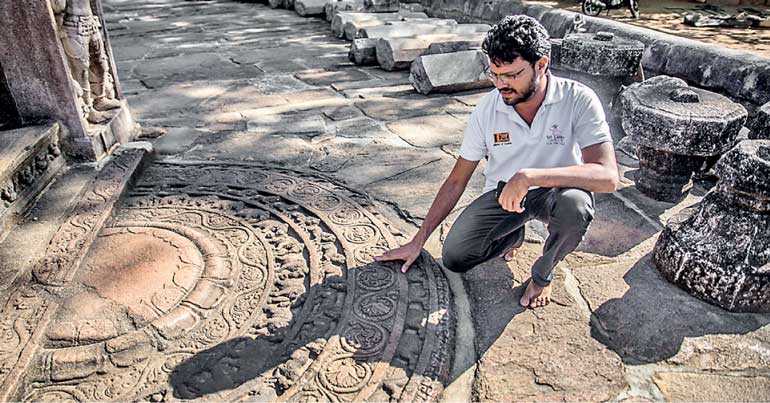Tuesday Feb 24, 2026
Tuesday Feb 24, 2026
Tuesday, 25 February 2020 00:19 - - {{hitsCtrl.values.hits}}


The eastern region in Sri Lanka offers many opportunities for tourism growth and investment despite the tribulations faced by the region in terms of the decades-long conflict and the 2004 tsunami. The massive infrastructure developments underway enabling accessibility, as well as the shift in tourism in the recent past towards experiential travel, have paved the way for emerging destinations such as the east to attract high-value visitors seeking authentic experiences.
The east possesses much potential for tourism due to the richness of its history, nature, cultural diversity and talent. Tourism is considered one of the industries that allow local communities to celebrate their culture through meaningful employment. It provides high-income jobs, flexible work hours and facilitates creativity through art, dance and music. However, ensuring the region is on par with many of the other potent business and lifestyle destinations around the world requires much support and guidance in developing its skills and service standards.
The ‘Gateway to East’ (G2E) is an initiative under the ‘Skills for Inclusive Growth’ (S4IG) program funded by Australia’s Department of Foreign Affairs and Trade in partnership with the Ministry of Skills Development, Employment and Labour Relations, and is designed to shine a spotlight on the emerging tourism industry of the east and contribute towards both its development and that of the region. In operation since 2016, the S4IG has been able to analyse the market and recognise skills gap in the eastern tourism industry – specifically within the four districts of Polonnaruwa, Trincomalee, Ampara and Batticaloa. Some of the biggest challenges identified within the region are the lack of skills and content and the inability to market the region for its real value. The G2E initiative consists of a range of activities to address these challenges and help stimulate interest in tourism, regional development and business development and create opportunities that will attract more high-value visitors to the region. The uniqueness of the project lies in its approach to identifying the gaps and providing focused, sustainable training models which communities and businesses will be able to replicate, customise and flourish within, long after the funded programs conclude.
Presently, the tools within the industry don’t cover the entire tourism value chain and the S4IG has been working with public and private tertiary providers to increase the quality of existing training methods, develop comprehensive and targeted programs by drawing on international providers to partner with local providers to build capacity.
Each model within the G2E initiative contributes towards the stimulation of tourism activities while providing access to all – men, women, persons with disabilities and all ethno-religious communities – to participate and engage in the industry. The G2E initiative further develops sustainable links between communities, employers and training providers, thereby creating an incredibly functional tourism value chain. The program through each of its activities tries to capture examples of the tourism potential in the regions and showcase them within Sri Lanka and internationally. It aims to provide a sustainable platform to encourage the industry, improve service quality, skills and learning. The G2E initiative aligns with the broader national strategy of Sri Lanka and its efforts in tourism promotion and acts as an impetus for President Gotabaya Rajapaksa’s plans for rapid growth in tourism for the economic revival of the country.
The east provides an incredible opportunity to attract and entertain high-value tourists and stimulate local economic growth. Accordingly, the Gateway to East initiative provides the opportunity for those in less developed areas of the region, including women and persons with disabilities, to participate in the revival of the tourism industry and benefit from it through skills and business development programs.

